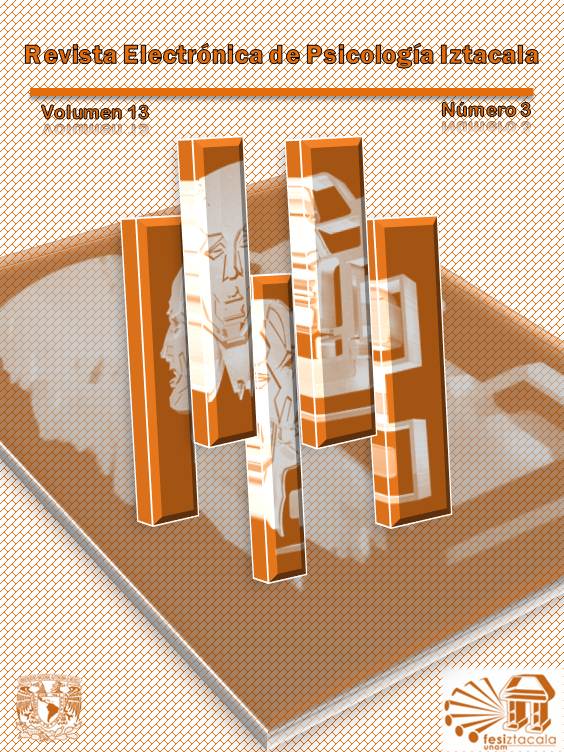Intervención en crisis ante el diagnóstico de cáncer de mama
Contenido principal del artículo
Resumen
Recibir un diagnóstico de una enfermedad grave como el cáncer implica una sorpresa catastrófica debido a que las expectativas del futuro se desmoronan, los proyectos pierden sentido a la luz del conocimiento del diagnóstico (Gómez, 2006), lo cual provoca una crisis. Por tanto, una de las intervenciones más frecuentes en esta fase de la evolución de la enfermedad es la intervención en crisis debido a la recepción del diagnóstico, centrándose en los sentimientos experimentados en ese momento, así como en cambiar la respuesta ansiosa inicial por una respuesta funcional. Se presenta el esquema de intervención en crisis realizada en el caso de M, mujer de 42 años, posterior a la comunicación de diagnóstico de cáncer mamario y la propuesta de tratamiento inicial con mastectomía. Al finalizar la intervención, se observaron cambios conductuales en los tres niveles de respuesta, pese a ello, se consideró pertinente la incorporación de M a un programa de psicoterapia convencional, debido a que presentaba factores de riesgo que podrían favorecer una nueva crisis. En conclusión, aunque la intervención cumplió con los objetivos planteados es importante la incorporación de las personas con diagnóstico reciente de una enfermedad crónica como el cáncer a programas grupales o individuales de atención psicológica, con la finalidad de adquirir y emplear estrategias de afrontamiento que permitan su adaptación a la enfermedad y a los tratamientos propuestos.
Detalles del artículo
Cómo citar
Bravo González, M. C. (2010). Intervención en crisis ante el diagnóstico de cáncer de mama. Revista Electrónica De Psicología Iztacala, 13(3). Recuperado a partir de https://journals.unam.mx/index.php/repi/article/view/19308
